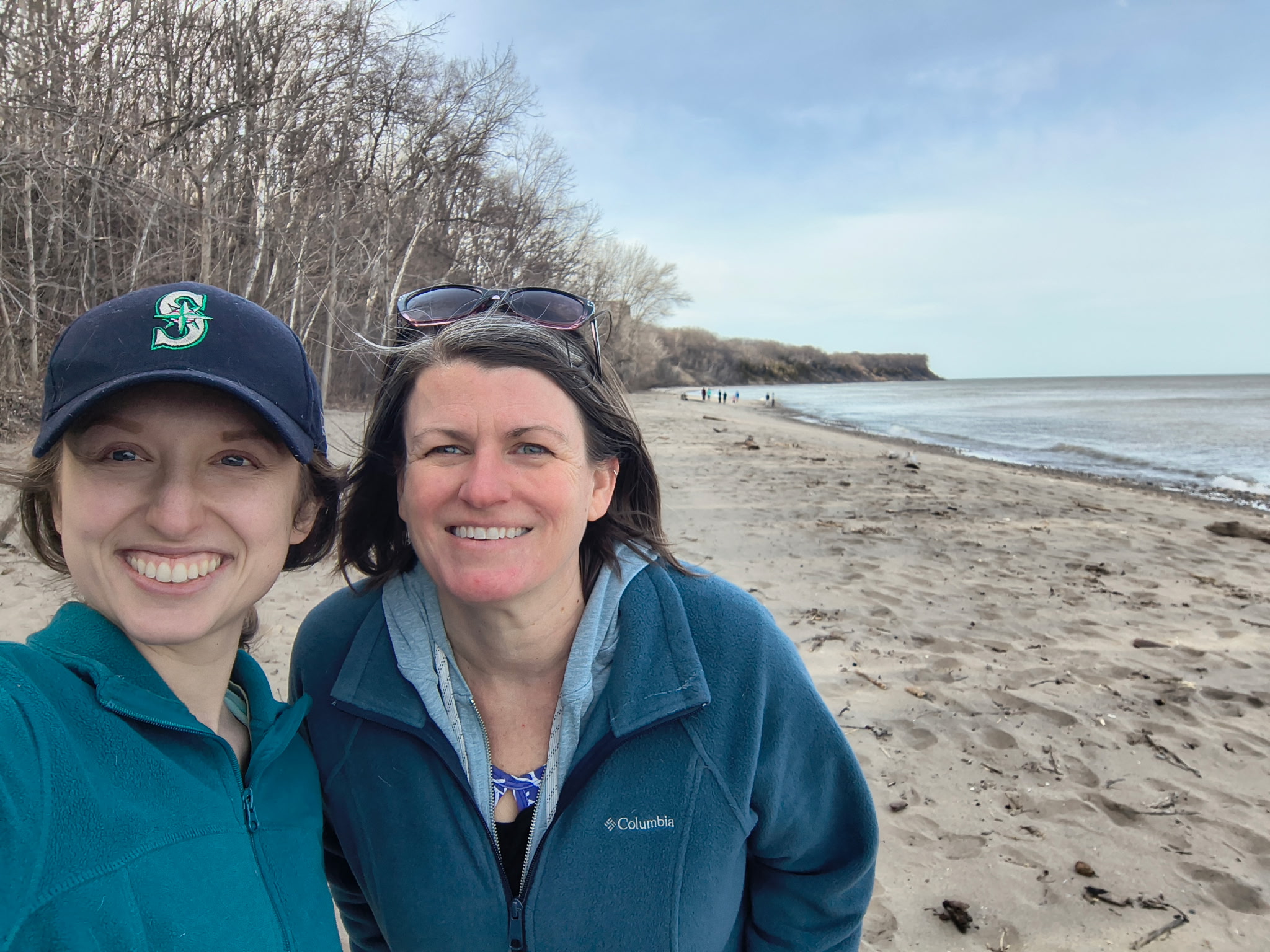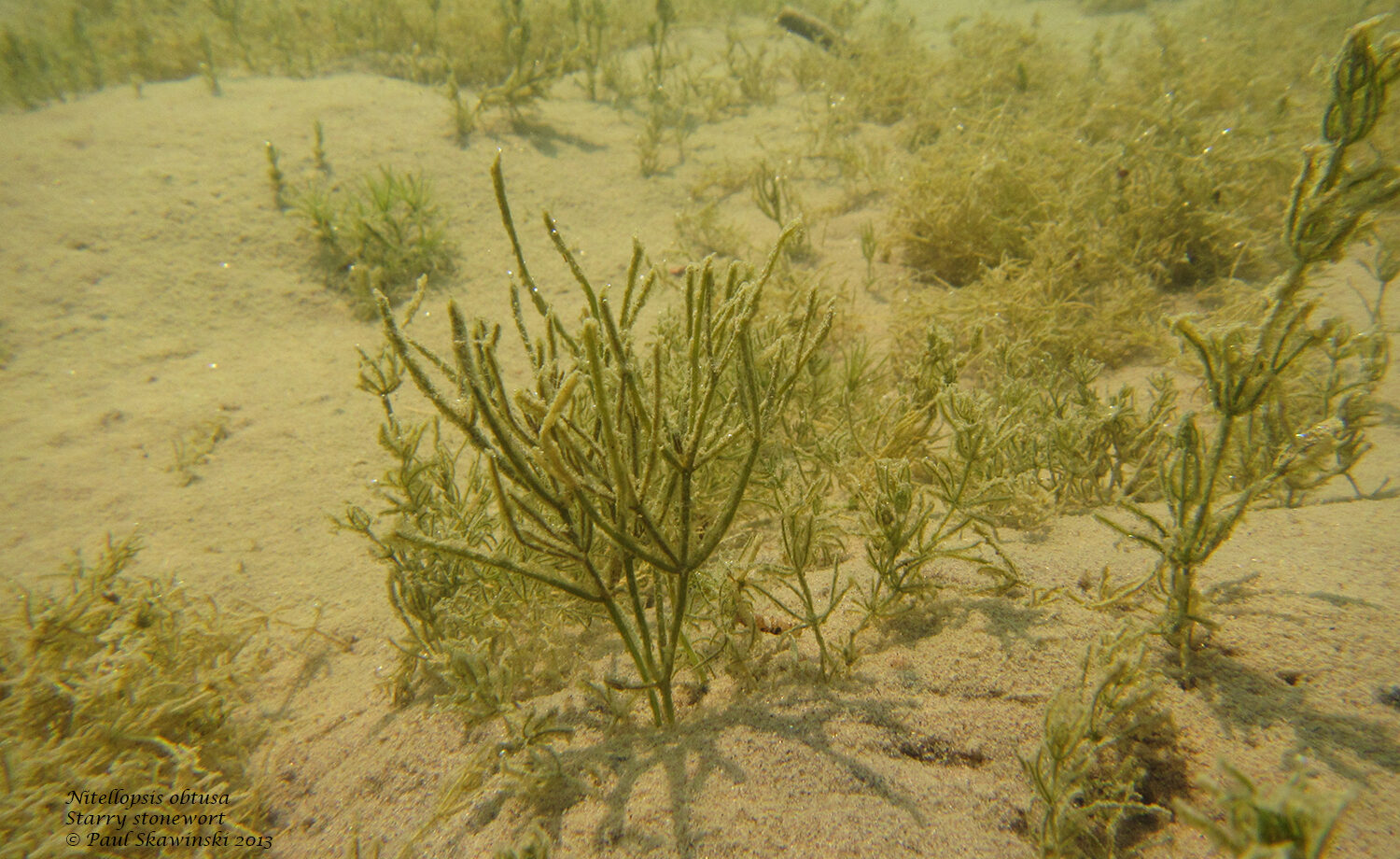But for a few twists of fate, University of Wisconsin Sea Grant Institute’s new fisheries outreach specialist could have ended up a beekeeper instead.
Growing up in the small town of New Auburn, Wis., Titus Seilheimer’s family owned more than 5,000 hives, the largest operation in the state at that time. “We used them for pollination, and honey production too,” he said. “Cherry and apple trees in the spring. Cranberries in the summer. I spent a lot of time in Door County.”
In his new role, which he’ll begin in early December, Seilheimer is poised to oversee a very different sort of pollination—pollinating the state’s environmental groups, recreational and commercial fishermen with UW Sea Grant research findings.
“My biggest role will be to bridge the gap between the research and the people who can use the research,” said Seilheimer. “Sometimes there’s a disconnect between the two groups, and I want to help solve that.”
Seilheimer, 34, is certainly no stranger to the world of Great Lakes research. He holds a Ph.D. in biology from McMaster University in Hamilton, Ontario, where he studied fish habitat in Great Lake coastal wetlands. He’s also done research in New York and Oklahoma. For the last several years, Seilheimer has been working as a research ecologist for the U.S. Forest Service’s Northern Research Station in St. Paul, Minn., developing water quality models for the Western Great Lakes. In previous jobs, he’s headed research that looked at how fish habitat responded to changes in environmental flows in streams and rivers.
“I’ve done quite a lot of work in streams and rivers,” said Seilheimer. “Watersheds are important to the health of the Great Lakes—you really can’t understand one without the other. Hopefully, I can bring all these things together.”
Phil Moy, UW Sea Grant’s assistant director for research, served as the organization’s fisheries outreach specialist from 1999 to the present. Moy said Seilheimer will have no shortage of issues to sink his teeth into, from aquatic invasive species’ effects—including the ever-looming threat of the Asian carp—to trap net safety and questions about the effects of changing climate on fish and Great Lakes’ food webs.
“This is a critically important position for our organization,” said Moy. “With the fishing industry undergoing seismic shifts and commercial fishermen facing an uncertain and challenging future, UW Sea Grant is in a unique position to serve as a key informational resource. We’re confident Titus has the knowledge and ability to relate well to our constituents and help them.”
Seilheimer will be based in UW Sea Grant’s Manitowoc Office, on the UW-Manitowoc campus. That office currently also houses UW Sea Grant’s aquatic invasive species outreach specialist Tim Campbell.
For now, he’s trying to facilitate moving his wife, Amy Fettes, and their two young sons (Tor and Leif) from Minnesota to Manitowoc. Conicidentally, Fettes’ graduate research at UW-Green Bay on zebra mussels in Green Bay was funded by UW Sea Grant.
“My oldest will start kindergarten next year, and it’ll be nice to be in one place, and not have to think about moving every few years,” he said. “Mostly, I’m excited to do some great work in the Great Lakes. “
Seilheimer’s already become active on Twitter. You can follow him at @DrFishSG.





